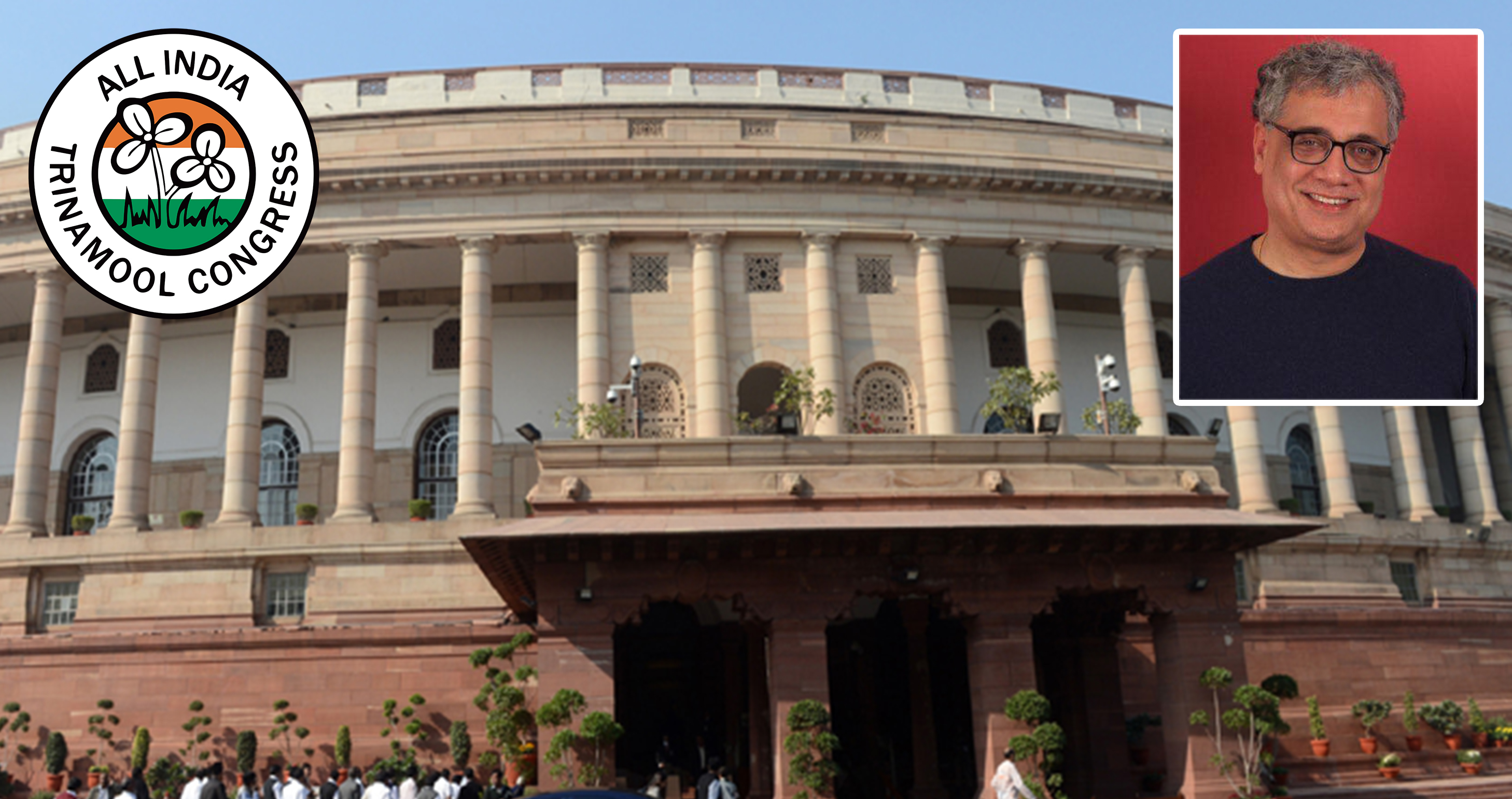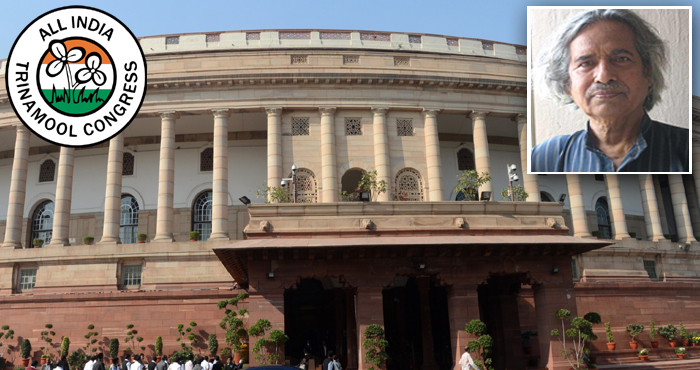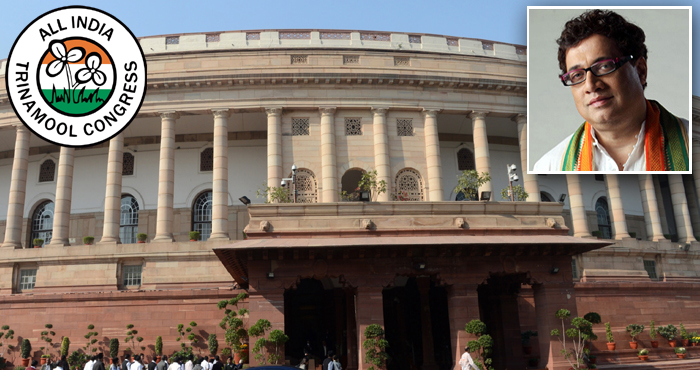Sir, I start with a quote by Rabindranath Tagore, he said, “the highest education is that which does not merely gives us information but makes our life in harmony with all existence.”
Knowledge cannot be obtained only through books. But more through individual life experience, involvement, hard work and practices. Therefore education is not limited to books. Education is the most powerful tool to make a person self confident, capable and an ideal human being and enables someone live and let live others in peace, prosperity, dignity and harmony with life and nature. Education is not essentially to make a career and just to money but to become a total human being. We must remember that a population when is uneducated, poor, physically incapable is not a human resource but a burden to the society. So we will have to exert all our efforts to change this situation and education is ultimate tool for that and we cannot stop until the entire Indian population is educated, particularly the women of each family and backward classes. We have to remember that even in the time of war when our army cannot do anything if our population is unhealthy, uneducated and incapable. We need a quality education for all. I think it is through proper research and study, it is important to identify which areas of education are in demand, from the perspective of true education and growth oriented education.
I think it is important to have holistic form of education which can be divided into two main parts. One is academic education which revolves around formal subjects such as math, science, language, history, etc, which is mainly obtained through books, study and research. Two, life oriented education like sports, games, yogas, gymnastics, visual arts, performing arts, crafts, designing and planning, skill development of various nature, maintenance of environment and protection of heritage including all sorts of groups, sociocultural activities which encourage self confidence, discipline, friendship or fellow feeling, initiative, organizational ability, leadership and to do hard work, which normally lacks among our people. This is important to make a strong, vibrant, live Indian society. Until we make a clear distinction of academic education and life oriented education in the policy and concentrate on both areas separately in equal measure, we will not be able to make our education purposeful and effective.
I think that in Indian society, we do not lack in informative or academic knowledge, but we do not have any involvement or initiative in organization, planning, hardwork and education. Rabindranath Tagore once remarked that we start our work but it never finishes. I think at this moment this is an important moment of education and practice.



